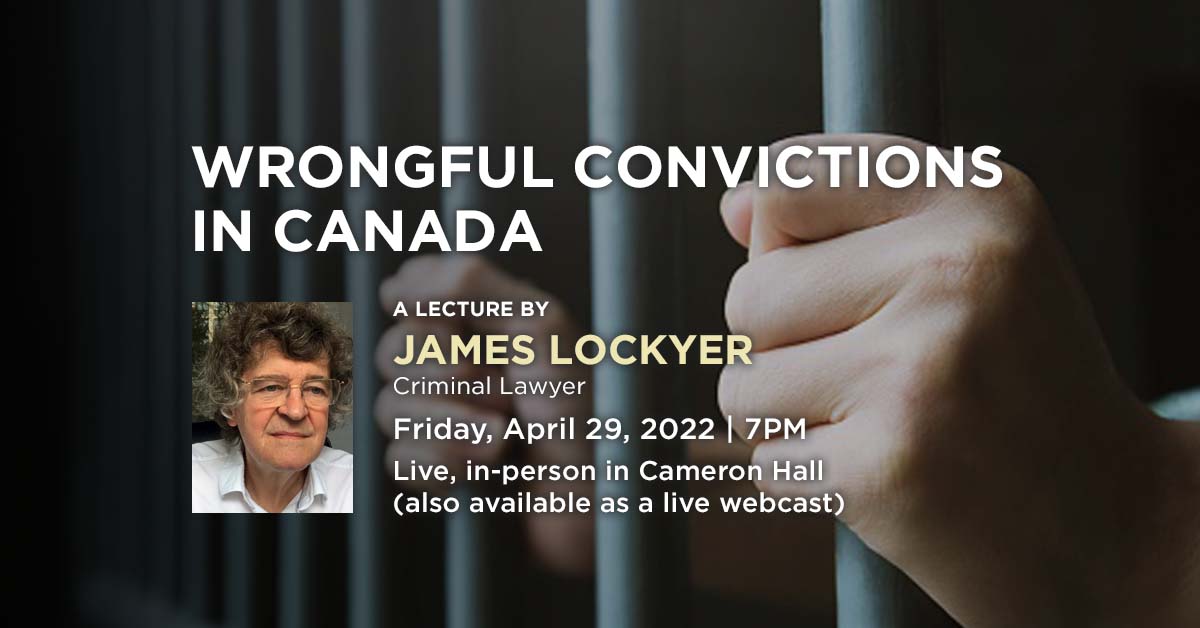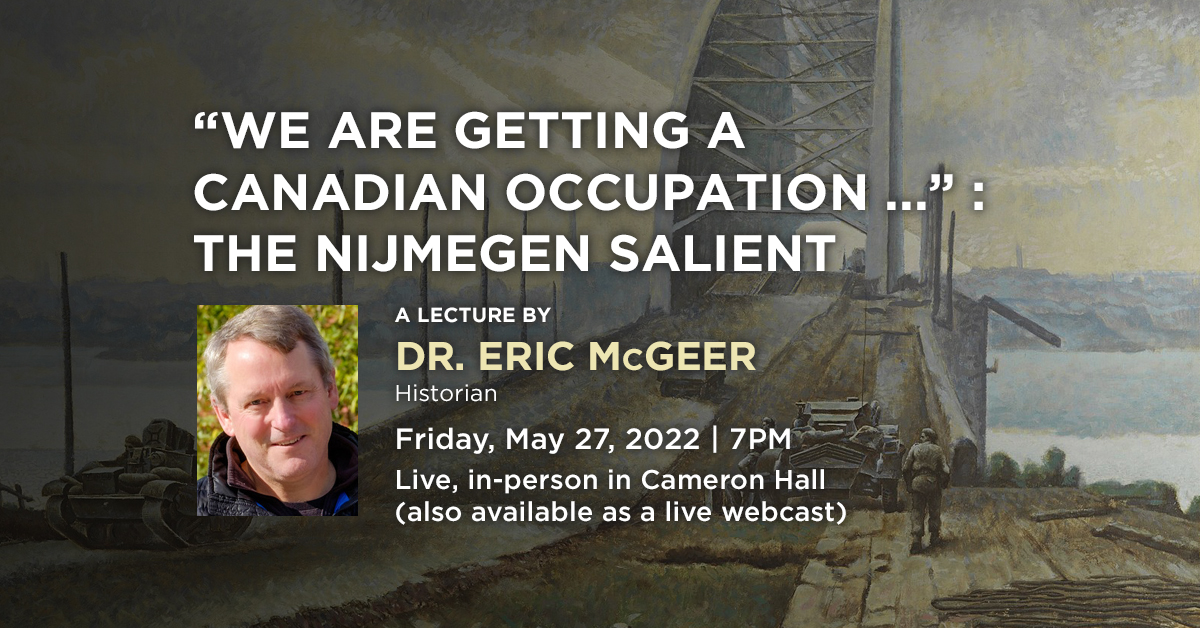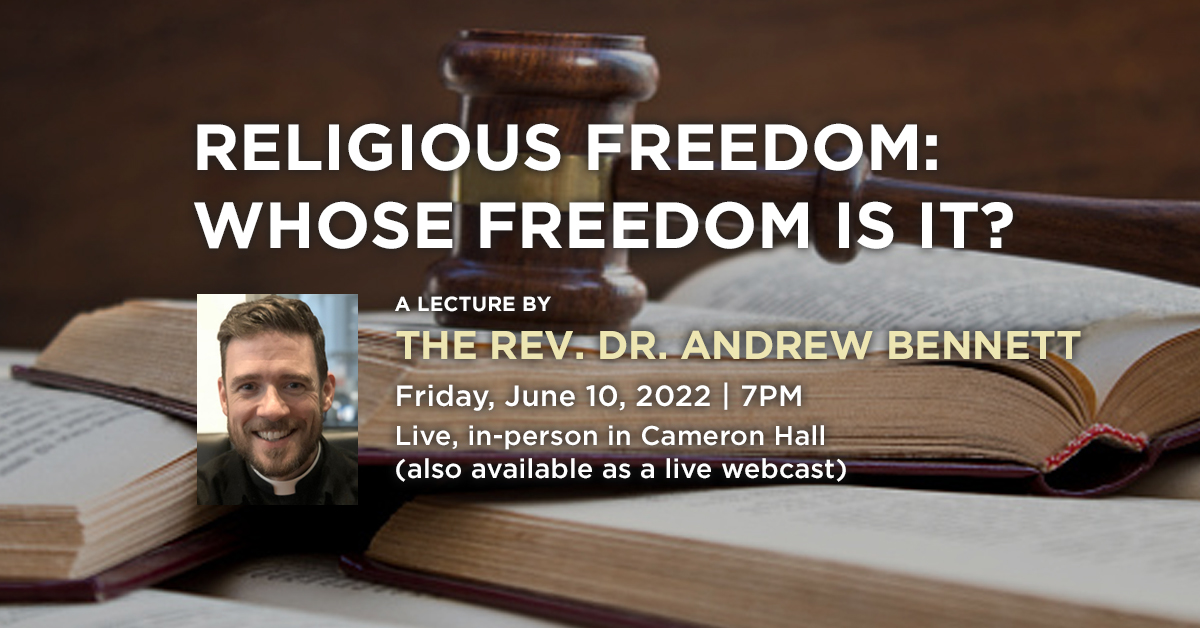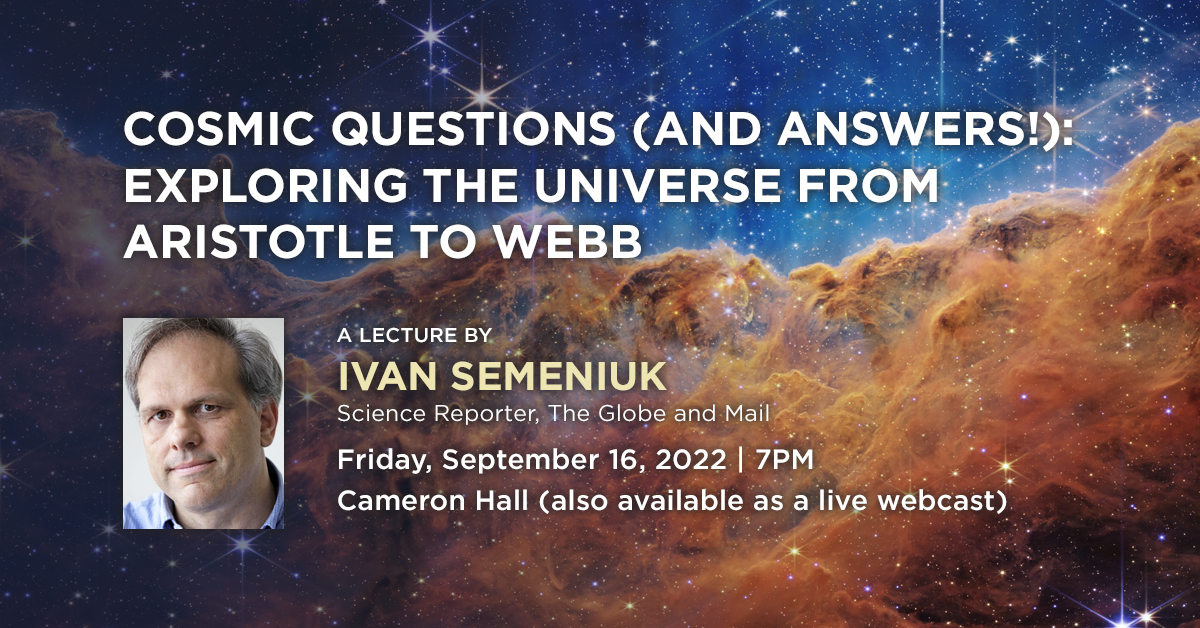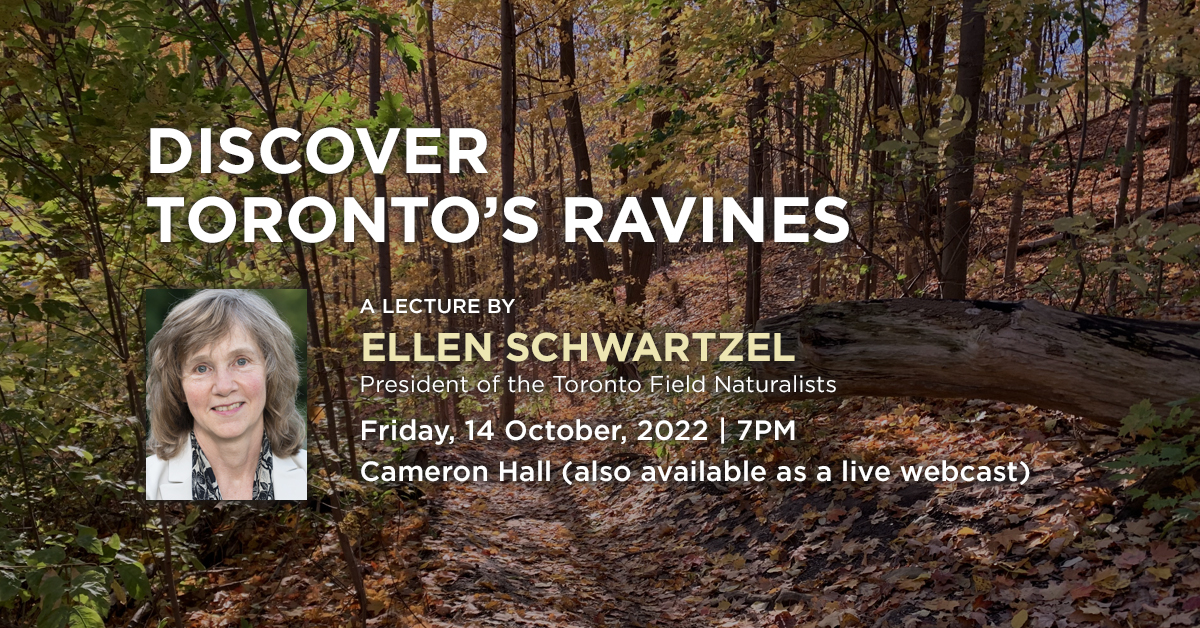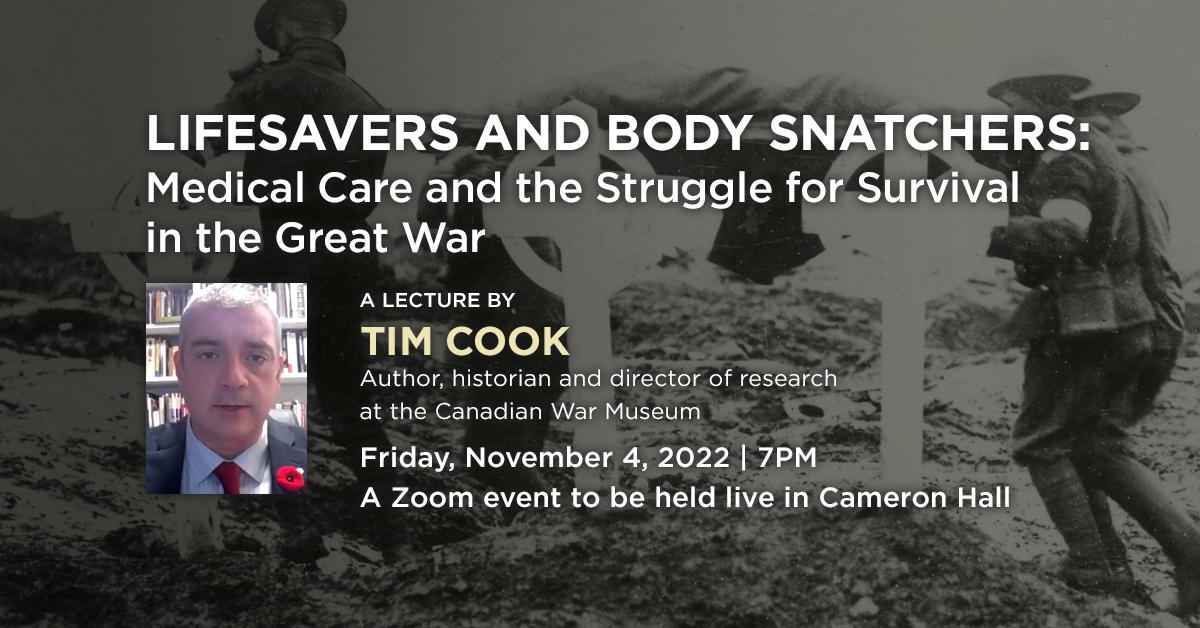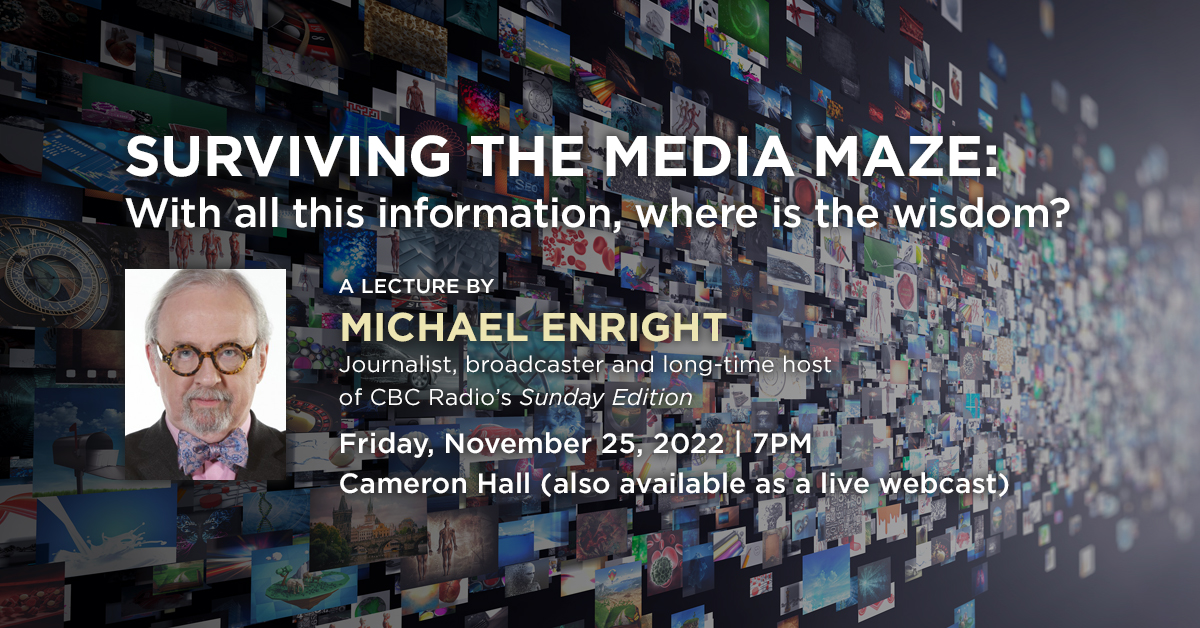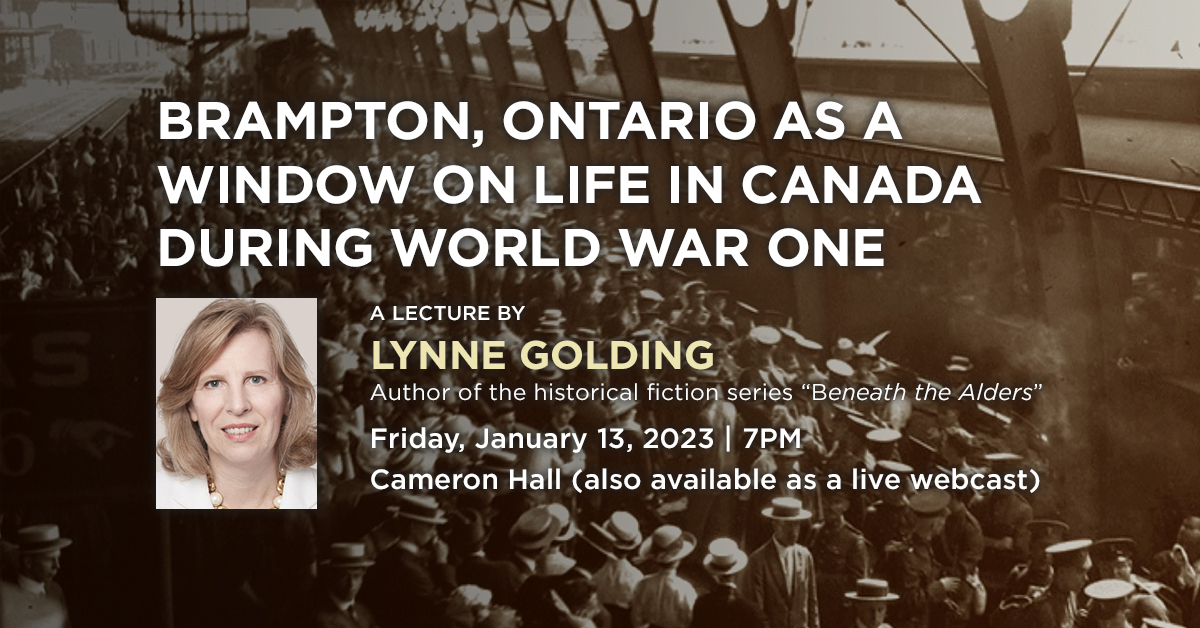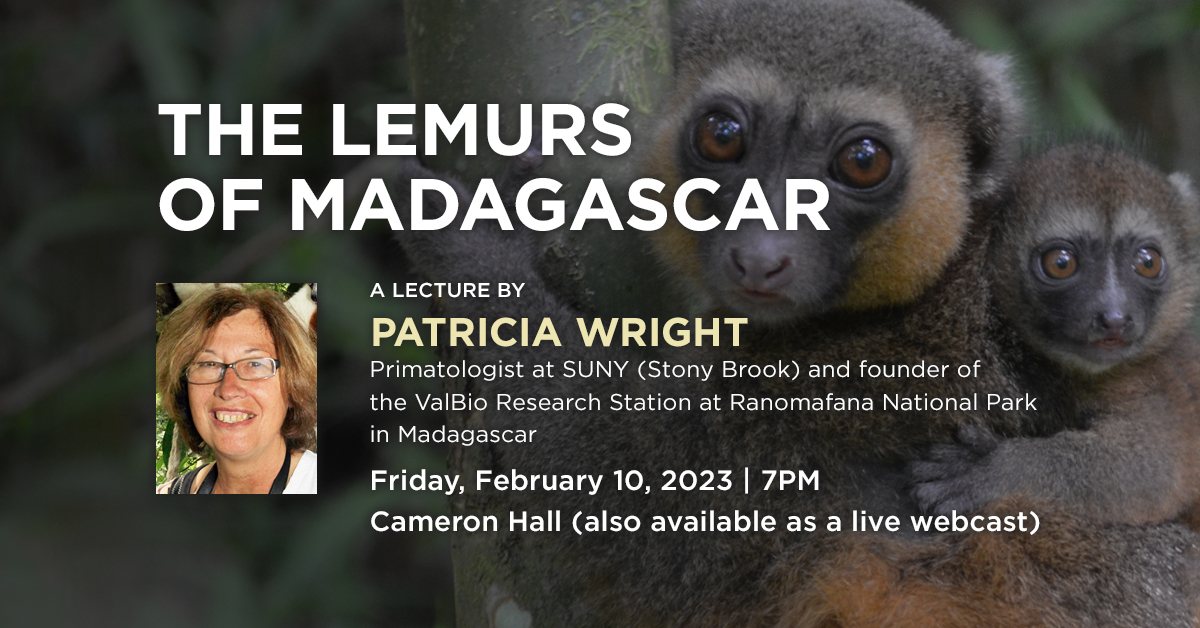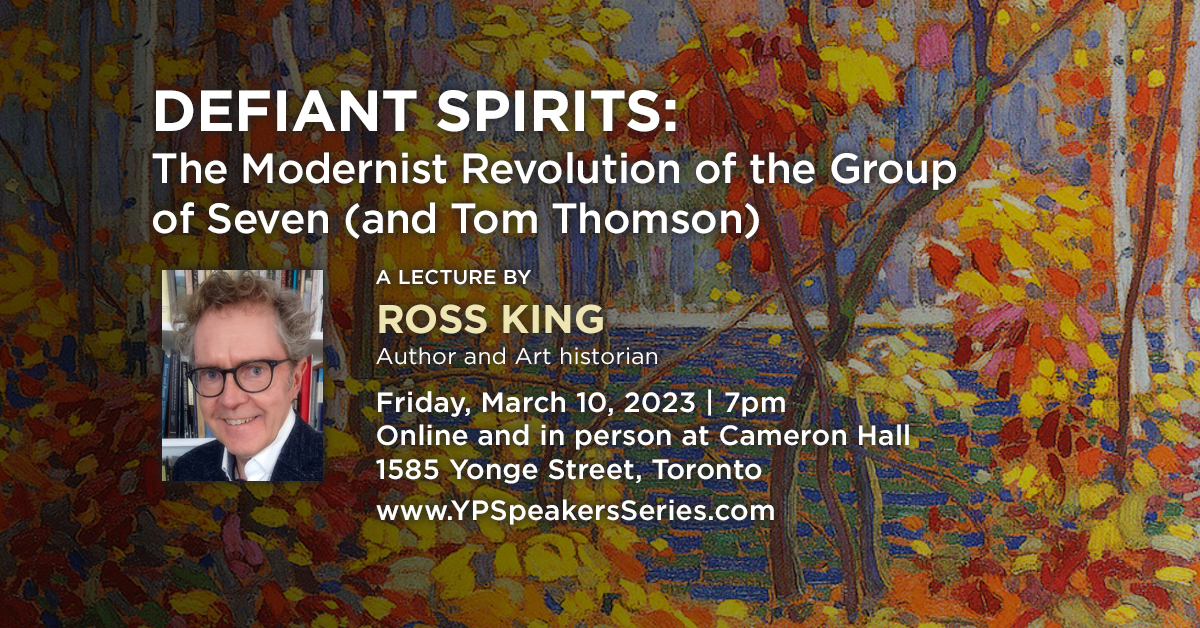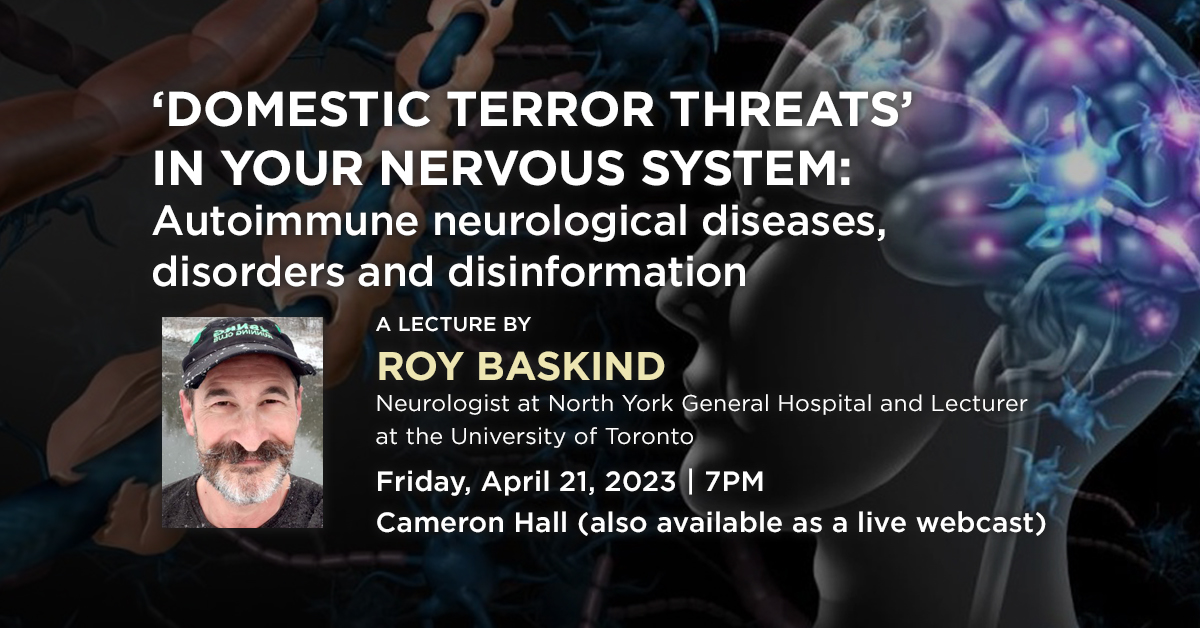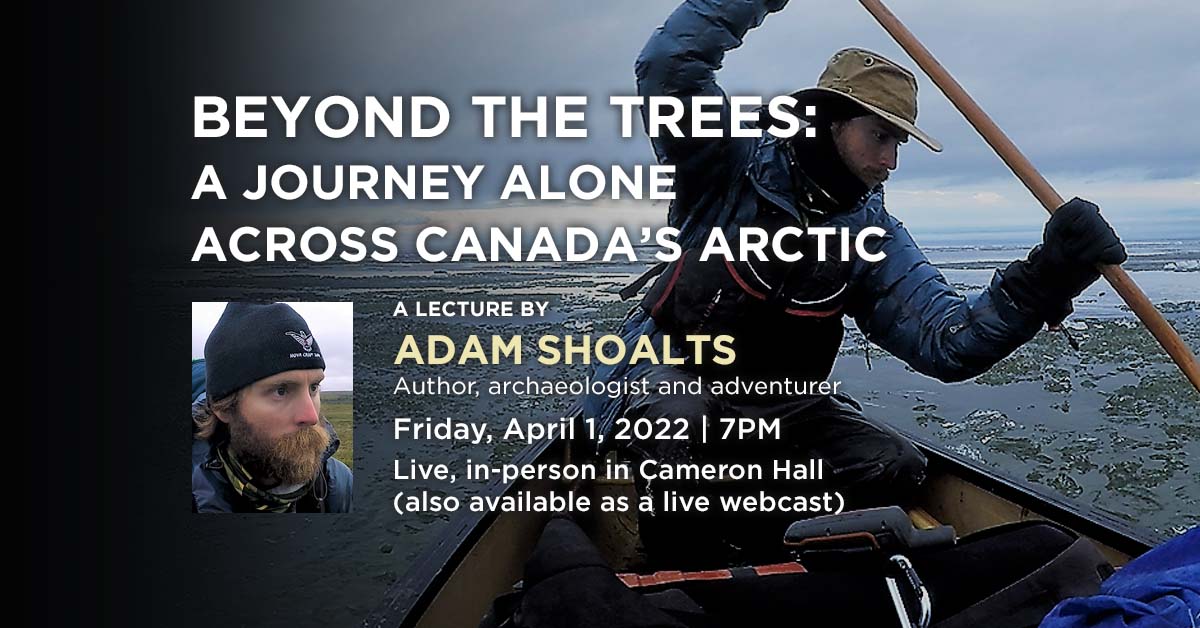
Beyond the Trees: A Journey Alone Across Canada’s Arctic
Cameron Hall 1585 Yonge Street, TorontoNational best-selling author and professional adventurer Adam Shoalts takes us on the journey of a lifetime: a nearly 4,000 km solo odyssey by canoe across Canada’s Arctic. This harrowing expedition took almost four months to complete and years of preparation. Shoalts will share photos from his journey, which involved weaving through ice floes, facing down snarling bears and galloping musk-ox, and paddling under the midnight sun in a land as old as time. But also why we urgently need to save vast wild places while it’s still possible.


